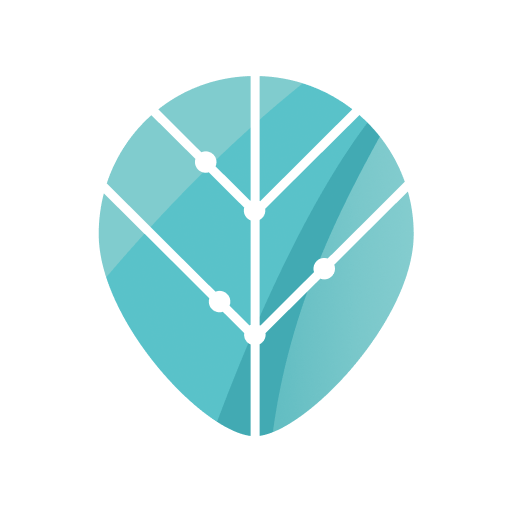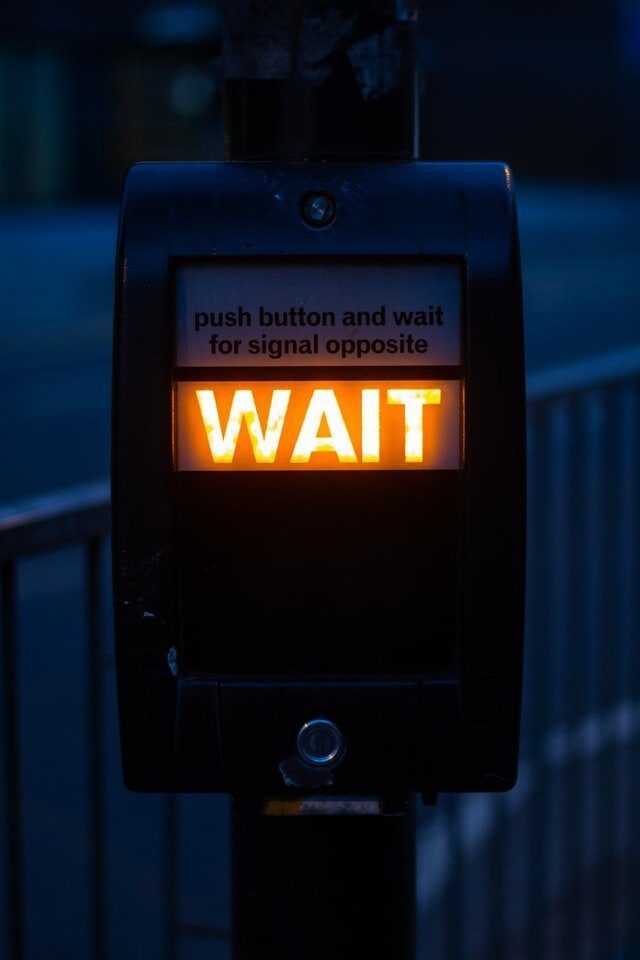How much of your day do you spend waiting?
Waiting on hold. Waiting for a meeting to start. Waiting in line. Sitting in a Lyft. Waiting for your kids to get their shoes on.
I’m willing to bet it’s more than you’d like.
Studies show that you’re spending about 7 minutes every time you wait for coffee, that you spend 20 minutes waiting for the bus/train to show up and more than 30 minutes waiting for your doctor. We spend 10-20 minutes a week just waiting on hold. And anecdotally, I’m pretty sure you’re spending at least 5 minutes at the top of every Zoom meeting waiting for the lollygaggers to show up.
We don’t like waiting. It’s boring. It’s annoying. It feels like wasted time.
And because it’s boring, and we have an endless source of entertainment in our pocket, that’s where we turn. We pull out the phone and we start scrolling.
Which doesn’t actually make it feel less like wasted time.
But what if you could turn all of that waiting time into something worthwhile?
It may seem like there’s not much you can do in those few minutes here and there. But there is! If you start using your waiting time intentionally, you can reap the benefits of being either more productive, less stressed, or both!
Here are a couple of ways how:
Tackle Small Tasks
Small stuff adds up. Do the small stuff during the small windows of waiting time.
- Answer a few emails on your phone
- Or clear the junk from your inbox (and unsubscribe as you go!)
- Call your mom, sister or your best friend, just to say hi!
- Do a single, small task from your list (renew a library book, follow up with so and so, invoice your client, pay a bill)
- Do a brain dump into your task list
- Use 5Calls to call your state representatives and make your opinions and demands known!
- Respond to all those texts you’ve been sitting on
Deep breathing/meditation
Instead of going the hyper-productive route, you can also use this time to reduce the stress and anxiety of the day.
- Take deep breaths for a few minutes
- Do a simple sitting or pacing meditation
Either of these directions – productivity or de-stressing – feels so much better then the mindless scroll!
Now, let’s also talk about another type of “found time”, the time windfall.
The time windfall is when your schedule somehow clears in a way that you didn’t anticipate, resulting in “extra” time.
Your afternoon meeting was just cancelled or postponed. Or it finished up early.
You planned to spend 3 hours writing your report, but you miraculously finished in 2 hours.
You planned for traffic, and there was none, so you got there 30 minutes early.
These time windfalls are often larger blocks of time than waiting time, usually 30 – 90 minutes. So, to use them wisely we want to apply slightly different tactics than we do to our waiting time.
Time windfalls are also one of the best ways for us to feel “time affluence”, where we feel that we have enough time to engage in activities that are personally meaningful, or full of leisure.
What usually happens when we luck out with a time windfall?
We don’t take advantage of it. Instead, we turn to what’s familiar: our inbox. We start checking email or Slack. Or both. Now, checking email and Slack isn’t exactly unproductive, but it’s not where we’re going to get the most bang for our buck.
Here’s what to do instead:
Get a jump on your workload
- Is there something on your list for later this week that you can tackle instead right now, and get it off your plate? How often do we get a chance to feel like we’re ahead of the game? You can make that happen.
- Handle a nagging task or errand. It’s been on your list for a while, and you’ve been rationalizing avoiding it because “you don’t have time”. Well, now you do! And once you’re done, you won’t feel that sense of nagging anymore.
- Tackle the stuff that piles up near the bottom of your list. You know, that stuff that’s not urgent now, and not that important, but it still has to get done, lest it become urgent and overwhelming.
Do some planning (to set yourself up for success)
- Every minute of planning saves several in execution.
- If you don’t yet have a daily or weekly planning process integrated into your workflow, spend some time to make a plan for the next day, or week, so that you can get more done with less effort and less stress. (And if you don’t know how, let’s chat.)
Use the time for self-care or activism. Do something that fills you up.
- Read a chapter of that new book you just picked up.
- Spend an hour writing postcards to voters.
- Maybe you’ve got just enough time to listen to your favorite podcast.


